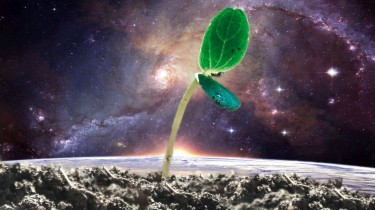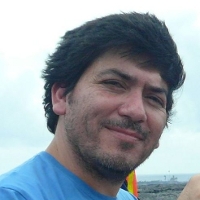Voyager 1: Humankind’s Creation in Deep Space
By Arpita Saha “The Earth is the cradle of Humanity, but mankind cannot stay in the cradle forever.” Konstantin Tsiolkovsky What comes to your mind first when you hear the name of Voyager 1? Perhaps you’re aware that it’s the name of a spacecraft that has been traveling through space for a very long time. Perhaps you know of it due to the famous Pale Blue Dot image or because of it being the first thing created by humanity to […]
Read more









